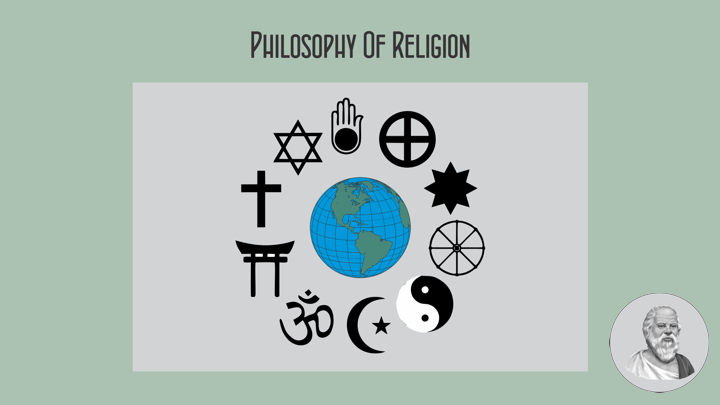——
#Spirituality #Philosophy #PhilosophyOfReligion #WorkLifeBalance
——
——
Philosophy Of Religion
Philosophy is the most critical and comprehensive thought process developed by human beings. It is quite different from religion in that where philosophy is both critical and comprehensive, religion is comprehensive but not necessarily critical. Religion attempts to offer a view of all of life and the universe and to offer answers to most, if not all, of the most basic and important questions which occur to humans all over the planet. The answers offered by religion are not often subject to the careful scrutiny of reason and logic. Indeed many religious beliefs defy logic and seem to be unreasonable. Religion has its basis in belief. Philosophy, on the other hand, is a critic of belief and belief systems. Philosophy subjects what some would be satisfied in believing to severe examination. Philosophy looks for rational explications and justifications for beliefs. Philosophy has its basis in reason.
Philosophy of religion is the philosophical study of the meaning and nature of religion. It includes the analyses of religious concepts, beliefs, terms, arguments, and practices of religious adherents. The scope of much of the work done in philosophy of religion has been limited to the various theistic religions. More recent work often involves a broader, more global approach, taking into consideration both theistic and non-theistic religious traditions. The range of those engaged in the field of philosophy of religion is broad and diverse and includes philosophers from the analytic and continental traditions, Eastern and Western thinkers, religious believers and agnostics, skeptics and atheists. Philosophy of religion draws on all of the major areas of philosophy as well as other relevant fields, including theology, history, sociology, psychology, and the natural sciences.
The field is related to many other branches of philosophy, including metaphysics, epistemology, and ethics. The philosophy of religion differs from religious philosophy in that it seeks to discuss questions regarding the nature of religion as a whole, rather than examining the problems brought forth by a particular belief-system. It can be carried out dispassionately by those who identify as believers or non-believers. In Asia include texts such as the Hindu Upanishads, the works of Daoism and Confucianism and Buddhist texts. Greek philosophies like Pythagoreanism and Stoicism included religious elements and theories about deities, and Medieval philosophy was strongly influenced by the big three monotheistic Abrahamic religions.
Some aspects of philosophy of religion have classically been regarded as a part of metaphysics. In Aristotle’s Metaphysics, the necessarily prior cause of eternal motion was an unmoved mover, who, like the object of desire, or of thought, inspires motion without itself being moved. Philosophers have adopted the term “Philosophy Of Religion” for the subject, and typically it is regarded as a separate field of specialization as a part of metaphysics.
Luc Paquin

